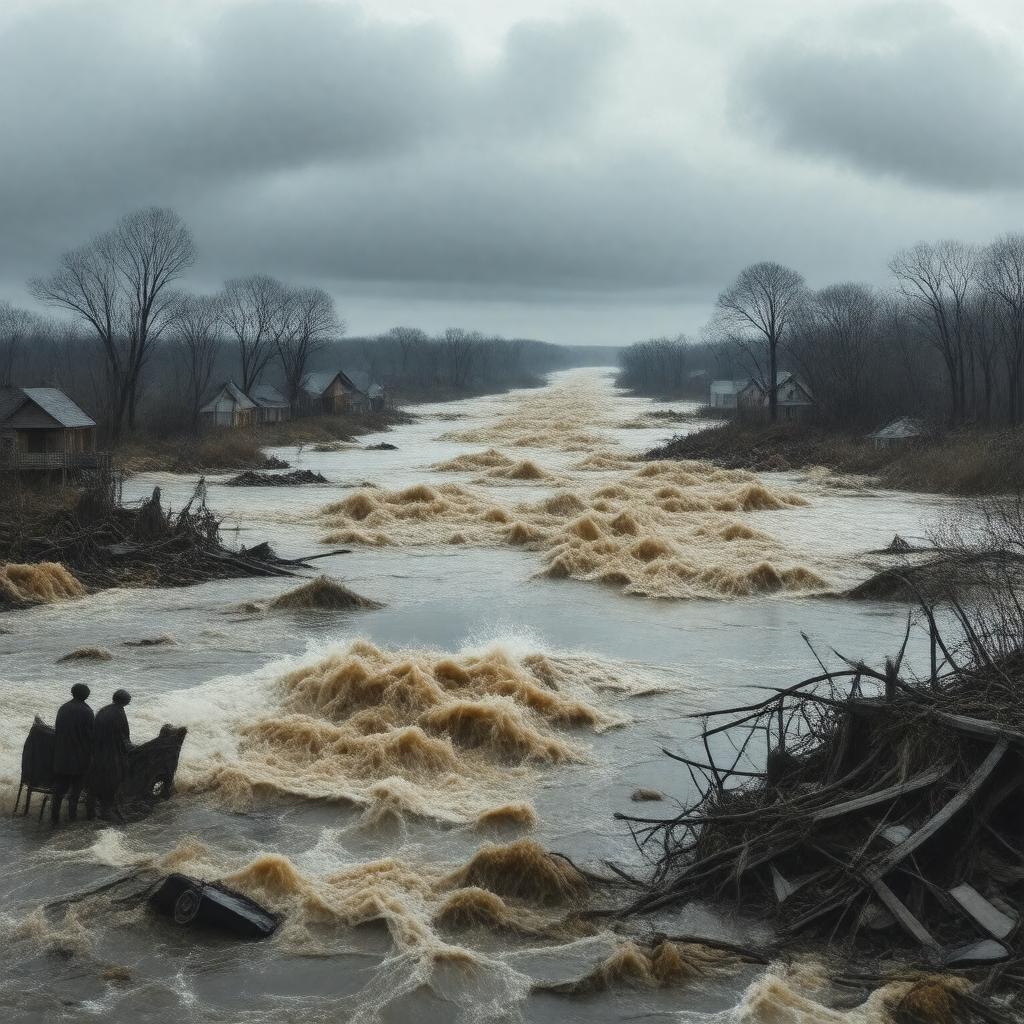Great Mississippi Flood of 1927
GPTKB entity

AI-created image